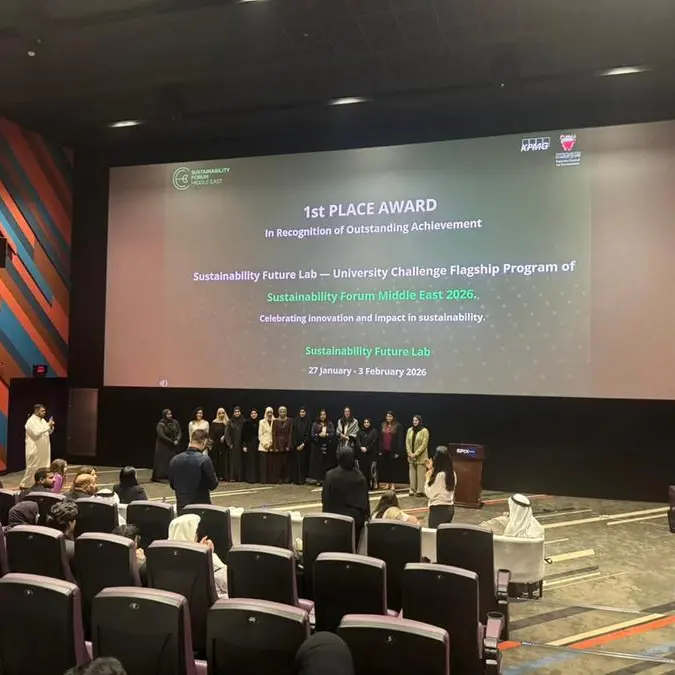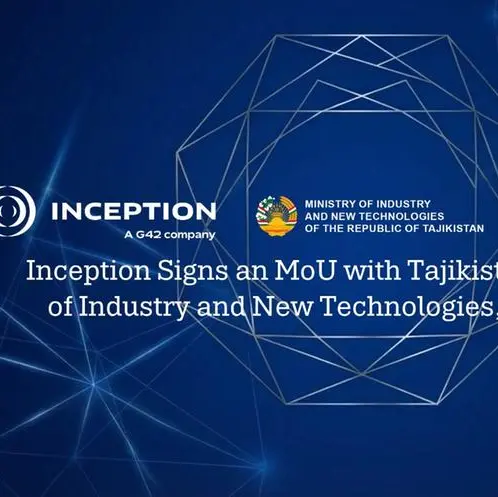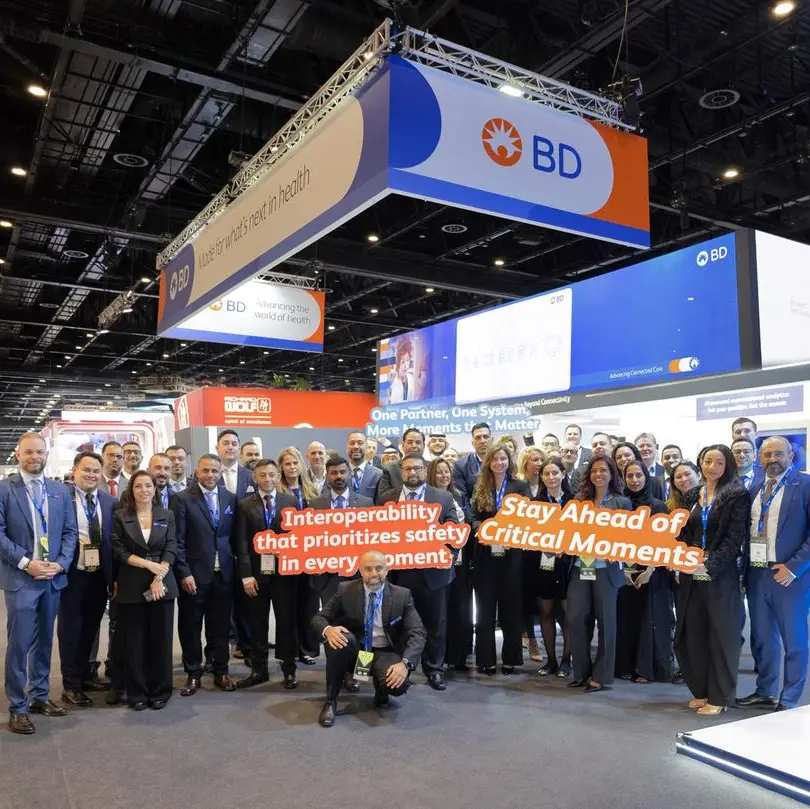PHOTO
DUBAI: Eng. Ali Rashid Al-Jarwan, CEO of Dragon Oil has underlined the importance of understanding and benefiting from the impact of the Fourth Industrial Revolution (4IR) on the oil and gas industry, especially in terms of maximizing production efficiency, reducing the costs of extraction and refining and thereby offsetting the exploration costs.
Al Jarwan, who is the chair of the 97th edition of the Society of Petroleum Engineers’ Annual Technical Conference and Exhibition (ATCE), made the remarks on Day 2 of ATCE, which started in Dubai yesterday.
He said that Dragon Oil, the upstream oil and gas exploration, development, and production platform fully-owned by Dubai’s Government, has carried out innovative plans based on the use of artificial intelligence techniques in exploration, drilling and production in its fields in Egypt, Iraq and Turkmenistan.
"We’re proud to say that Dragon Oil is a pioneer in adopting cutting-edge solutions and is one of the first companies to apply these techniques in the oil and gas sector," he said.
He added that Dragon Oil has benefited from the lessons of the COVID-19 pandemic, whose impact covered all oil production and operations, from drilling and exploration, through production, and going all the way down to downstream operations.
The speakers participating in the 97th ATCE during the official sessions of the three-day conference stressed that the impact of the 4IR covered the entire phases of upstream oil and gas industry lifecycle, starting from exploration, through production and refining, and going all the way down to distribution.
They cited in this regard the use of robots, smart, big data analysis, and customer service automation.
They said that oil and gas companies will benefit from robots in all oil and gas operations, while big data analytics allow processing large amounts of complex data, and use machine learning and statistical algorithms to make predictions and consequently streamline the decision making process. This in turn improves drilling efficiency and certainty by analyzing building behavior and characteristics under seismic excitation, temperature, and layer permeability.
This is coupled with analyzing traditional data, such as pressure and other natural factors, which enables oil companies to avoid random drilling operations, and thus avoid exploration risks during their search for new resources.
The 97th ATCE dealt with the impact of the corona pandemic on the oil and gas industry, including the business closures that led to increased uncertainty in supply and demand for energy and triggered oil price collapses.
They said that the pandemic had greatly impacted the global energy sector, in terms of reducing dependence on a number of energy sources as a result of the travel restrictions, and business closures, including entertainment destinations, and other sectors that depend for their operation on energy.
They stressed that many oil and gas companies in the region and the world have started to recover from the repercussions of the pandemic, and learned lessons while tackling the crisis, in terms of embracing digital solutions and adoption of conducive measures to improve efficiency.
The participants also discussed climate change-related issues and efforts to achieve zero emissions, which require active participation, sincere efforts and strong support from all parties concerned to reduce greenhouse gas emissions to reach the goals of the Paris Agreement which underlines the need for net zero emissions by 2050.
© Press Release 2021
Disclaimer: The contents of this press release was provided from an external third party provider. This website is not responsible for, and does not control, such external content. This content is provided on an “as is” and “as available” basis and has not been edited in any way. Neither this website nor our affiliates guarantee the accuracy of or endorse the views or opinions expressed in this press release.
The press release is provided for informational purposes only. The content does not provide tax, legal or investment advice or opinion regarding the suitability, value or profitability of any particular security, portfolio or investment strategy. Neither this website nor our affiliates shall be liable for any errors or inaccuracies in the content, or for any actions taken by you in reliance thereon. You expressly agree that your use of the information within this article is at your sole risk.
To the fullest extent permitted by applicable law, this website, its parent company, its subsidiaries, its affiliates and the respective shareholders, directors, officers, employees, agents, advertisers, content providers and licensors will not be liable (jointly or severally) to you for any direct, indirect, consequential, special, incidental, punitive or exemplary damages, including without limitation, lost profits, lost savings and lost revenues, whether in negligence, tort, contract or any other theory of liability, even if the parties have been advised of the possibility or could have foreseen any such damages.




















